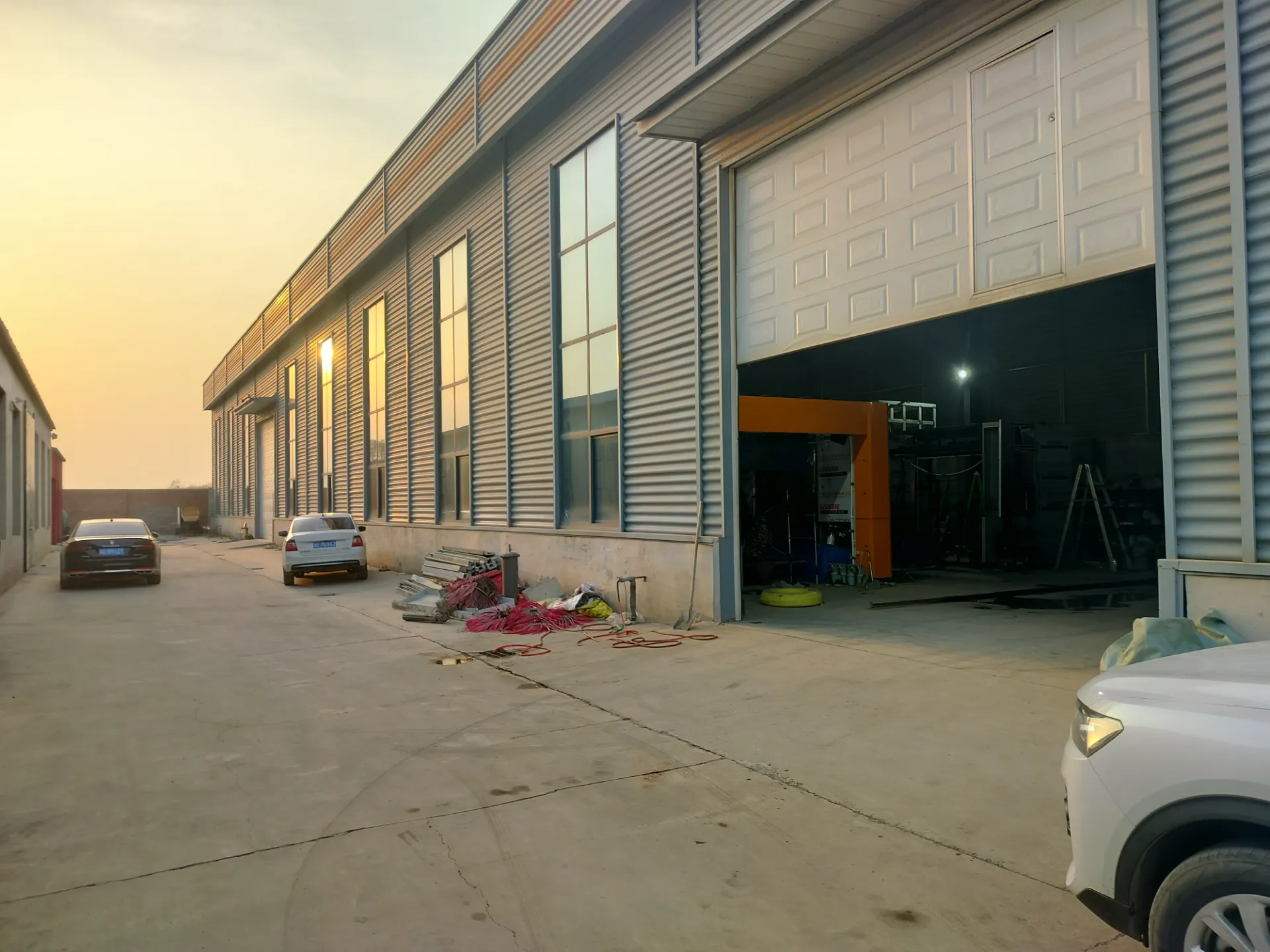
- Afrikaans
- Albanian
- Amharic
- Arabic
- Armenian
- Azerbaijani
- Basque
- Belarusian
- Bengali
- Bosnian
- Bulgarian
- Catalan
- Cebuano
- Corsican
- Croatian
- Czech
- Danish
- Dutch
- English
- Esperanto
- Estonian
- Finnish
- French
- Frisian
- Galician
- Georgian
- German
- Greek
- Gujarati
- Haitian Creole
- hausa
- hawaiian
- Hebrew
- Hindi
- Miao
- Hungarian
- Icelandic
- igbo
- Indonesian
- irish
- Italian
- Japanese
- Javanese
- Kannada
- kazakh
- Khmer
- Rwandese
- Korean
- Kurdish
- Kyrgyz
- Lao
- Latin
- Latvian
- Lithuanian
- Luxembourgish
- Macedonian
- Malgashi
- Malay
- Malayalam
- Maltese
- Maori
- Marathi
- Mongolian
- Myanmar
- Nepali
- Norwegian
- Norwegian
- Occitan
- Pashto
- Persian
- Polish
- Portuguese
- Punjabi
- Romanian
- Russian
- Samoan
- Scottish Gaelic
- Serbian
- Sesotho
- Shona
- Sindhi
- Sinhala
- Slovak
- Slovenian
- Somali
- Spanish
- Sundanese
- Swahili
- Swedish
- Tagalog
- Tajik
- Tamil
- Tatar
- Telugu
- Thai
- Turkish
- Turkmen
- Ukrainian
- Urdu
- Uighur
- Uzbek
- Vietnamese
- Welsh
- Bantu
- Yiddish
- Yoruba
Optimal PSI Levels for Car Washing with a Pressure Washer
The Ideal PSI for Pressure Washing Cars A Comprehensive Guide
Pressure washing has gained popularity as an efficient way to clean vehicles, but many car owners are often unsure about the ideal pressure settings to use. Understanding PSI, or pounds per square inch, is crucial in determining how to clean your car effectively without causing any damage. In this article, we will explore the optimum PSI for pressure washing a vehicle, factors to consider, and tips to make the process safer and more effective.
Understanding PSI What You Need to Know
PSI measures the force of the water expelled through a pressure washer. While higher PSI can mean tougher cleaning, it can also lead to unwanted damage, especially on delicate surfaces like car paint. Using the wrong PSI may strip the paint, cause chips, or even damage headlights and windows. Thus, knowing the right PSI for your vehicle is essential for achieving a thorough clean without causing harm.
Ideal PSI Range for Washing Cars
Most professionals recommend using a pressure washer that operates between 1200 to 2000 PSI for washing cars. This range provides enough force to remove dirt and grime without risking damage to the vehicle’s surface. Here’s a breakdown of why this range is effective
- 1200 to 1500 PSI This lower end is ideal for washing vehicles with sensitive paint finishes. It’s effective for regular maintenance washes, removing everyday dirt, and is especially suitable for older cars. - 1500 to 2000 PSI At this range, you can tackle tougher grime, including road tar or stubborn stains, while still being gentle enough for most finishes. This is suitable for newer cars and those parked in urban environments, where debris can build up more quickly.
Factors Influencing PSI Selection
While the defined ranges above provide a solid guideline, several factors can influence how much PSI you might actually need when washing your car
1. Type of Vehicle Larger vehicles like trucks and SUVs may require slightly higher PSI to penetrate areas with more dirt buildup. Conversely, smaller vehicles can often be cleaned sufficiently with lower PSI.
2. Type of Dirt If your car is heavily soiled or has particular types of dirt like mud or sap, you might need a higher PSI. However, always start at the lower side and increase gradually to avoid damage.
good psi for pressure washer for car

3. Distance from the Surface The distance between the pressure washer and the car surface affects the intensity of the spray. Maintain a distance of at least two feet to avoid damage, gradually moving closer as necessary.
4. Nozzle Selection The type of nozzle you use with your pressure washer can significantly impact the effective PSI. A wider spray pattern (such as a 25 or 40-degree nozzle) can spread the pressure out, reducing the risk of damage, while a narrower spray will concentrate the pressure for tougher cleaning tasks.
General Tips for Pressure Washing Your Car
- Start Low Begin with a lower PSI and gradually increase if needed. It’s better to take a conservative approach than to risk damage from the get-go.
- Use a Dedicated Automotive Soap Regular soap can be too harsh and can strip wax or damage paint. Always opt for products specifically designed for car washing.
- Rinse Thoroughly After applying soap and cleaning, make sure to rinse thoroughly to avoid soap residue that can dry and leave spots.
- Protect Sensitive Areas Be cautious around sensitive areas like decals, exterior mirrors, and windows. Use lower PSI or a different cleaning method for these parts.
- Dry Immediately After washing, use microfiber towels to dry your car to prevent water spots from forming, especially if you live in an area with hard water.
Conclusion
Washing your car with a pressure washer can be both effective and safe when you use the right PSI settings. Sticking to the recommended range of 1200 to 2000 PSI, considering the specific conditions of your vehicle, and implementing smart cleaning practices can help maintain your car’s appearance without inflicting damage. By following these guidelines, you can enjoy a clean, shiny vehicle while ensuring its longevity and aesthetic appeal. Happy cleaning!
-
Integrating Aqua Tunnel Car Wash in Shopping CentersNewsJun.24,2025
-
Gas Station with an Auto Car Wash MachineNewsJun.24,2025
-
Efficiency in Your Aqua Tunnel Car Wash: Power & Water-SavingNewsJun.24,2025
-
Car Wash Business with Advanced Auto Car Cleaning MachinesNewsJun.24,2025
-
Balancing Setup Costs with Aqua Tunnel Car WashNewsJun.24,2025
-
Aqua Tunnel Car Wash: Eco-Design for the Energy-Savvy EntrepreneurNewsJun.24,2025



